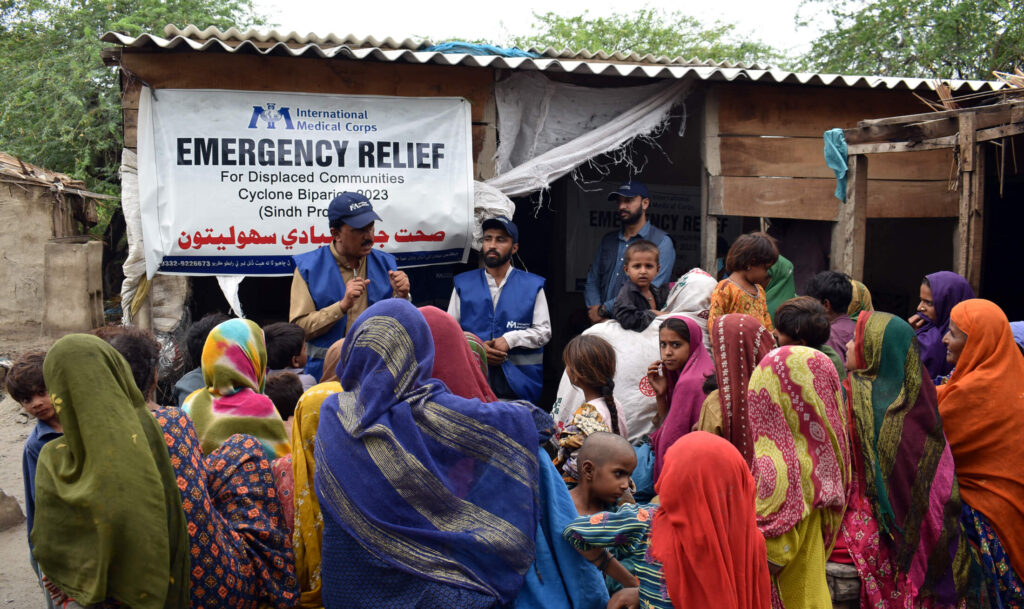Helping Those Affected by the Kakhovka Dam Breach
The catastrophic dam breach in southern Ukraine displaced thousands of families and removed a vital source of clean water for hundreds of thousands, adding to the hardship of communities already affected by war. It’s also created an agricultural, environmental and security disaster that will have significant long-term effects.
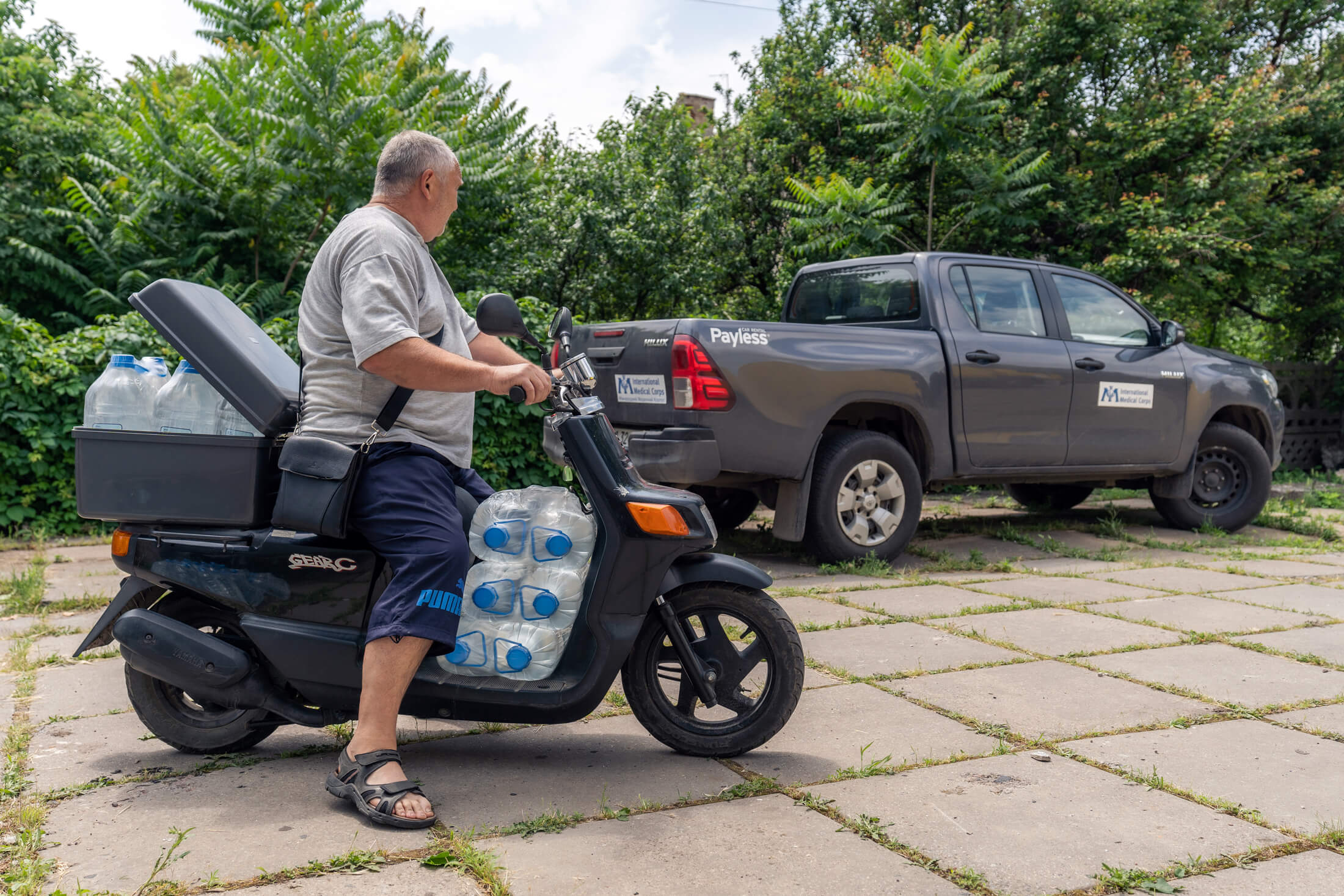
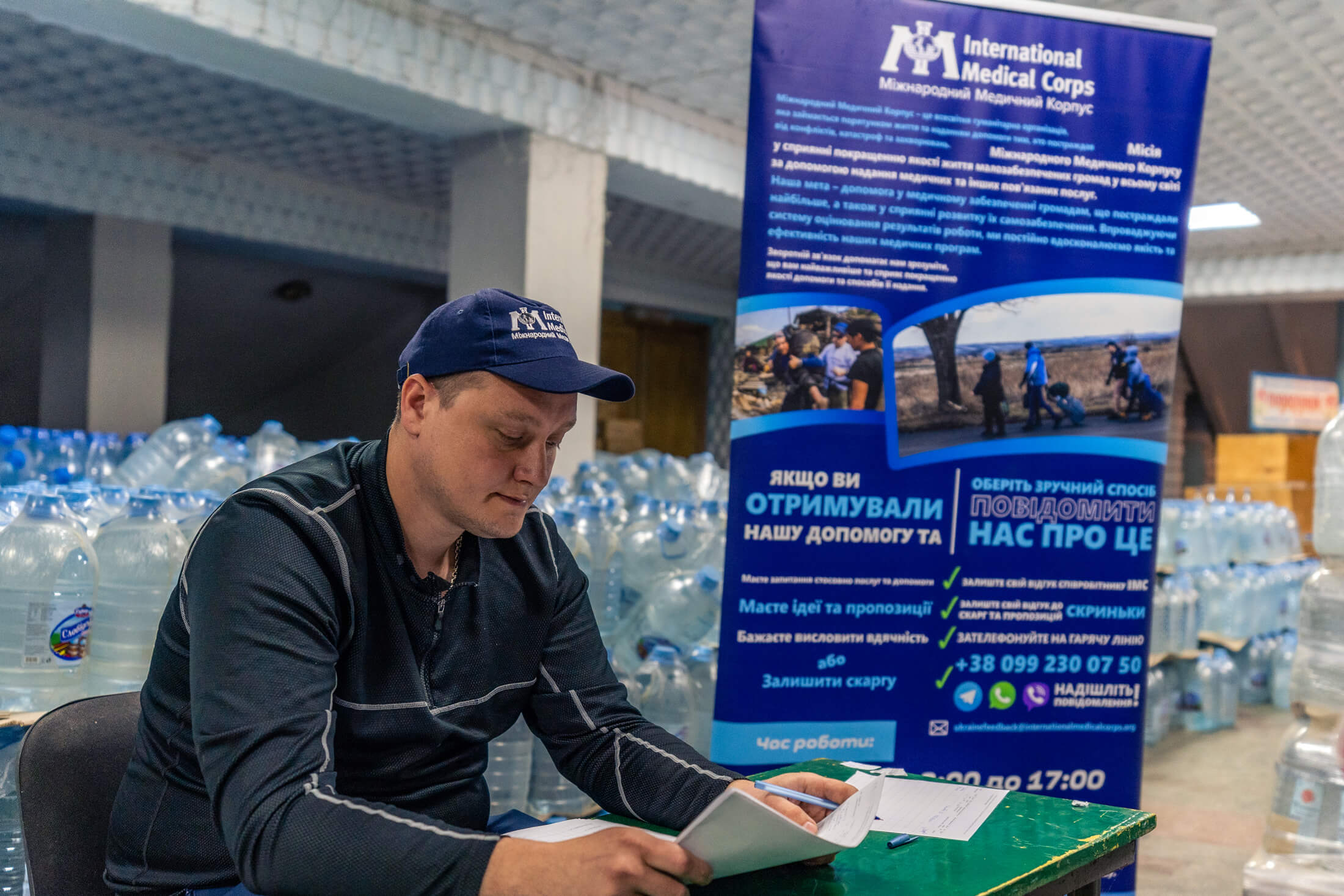
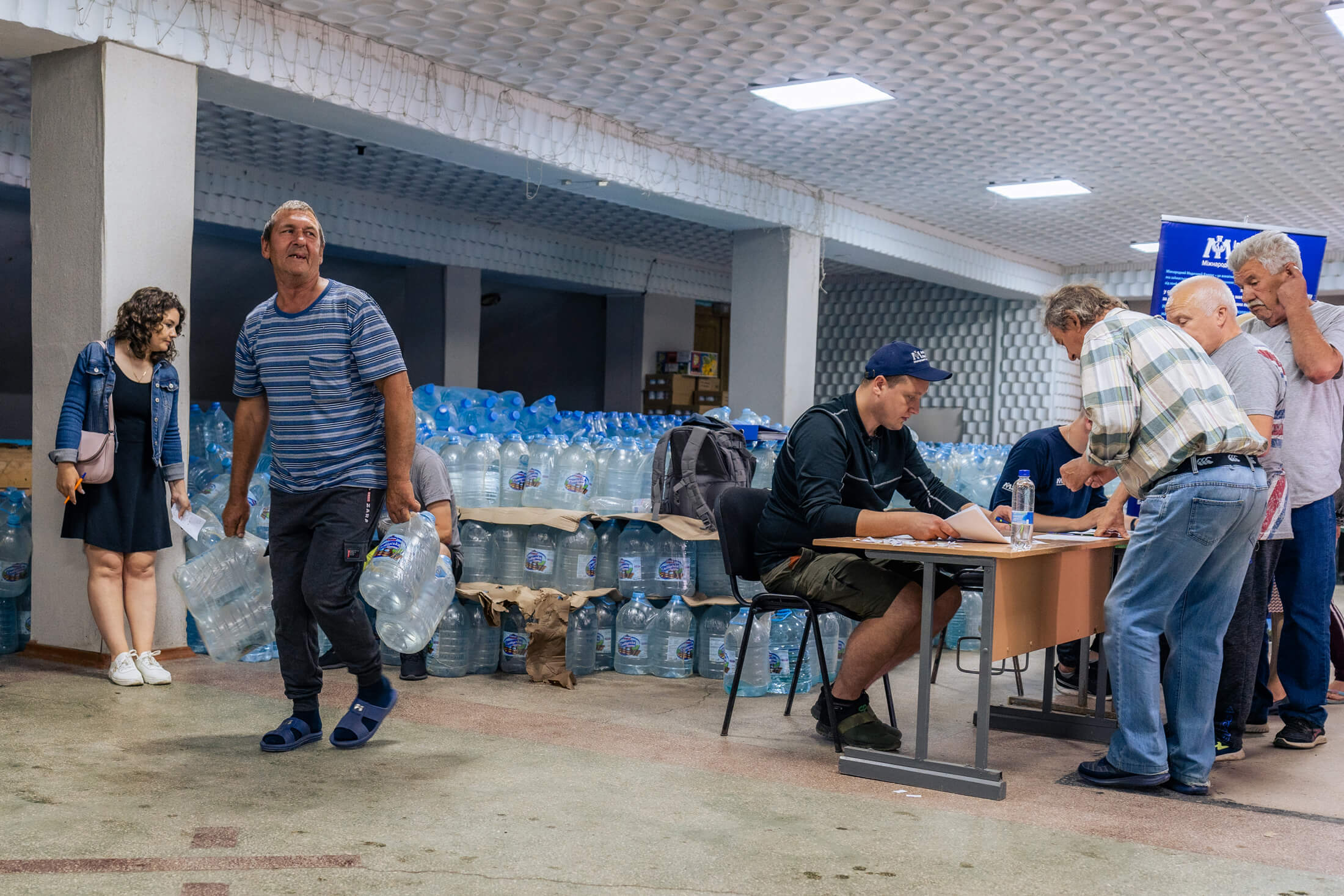
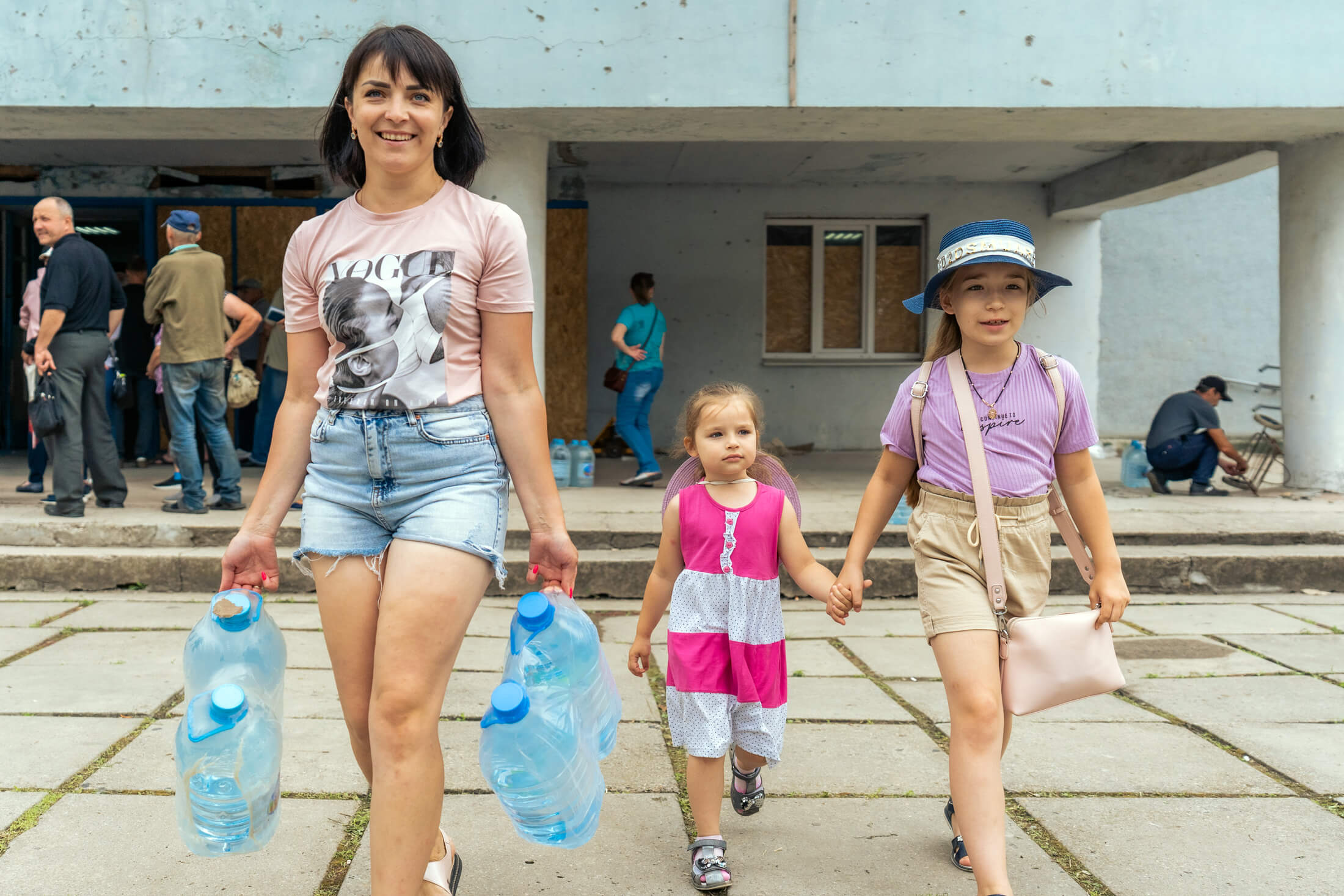
As people on the frontlines of the war struggle to cope with the flooding and its aftermath, our teams from Dnipro and Odesa are there, delivering water, hygiene kits and other essentials to thousands of people. Learn more about our emergency response in Ukraine.
Providing Relief to People Affected by Cyclone Biparjoy
When Cyclone Biparjoy made landfall, many people in Pakistan were still in the midst of recovering from the 2022 monsoon and the extensive flooding it caused.
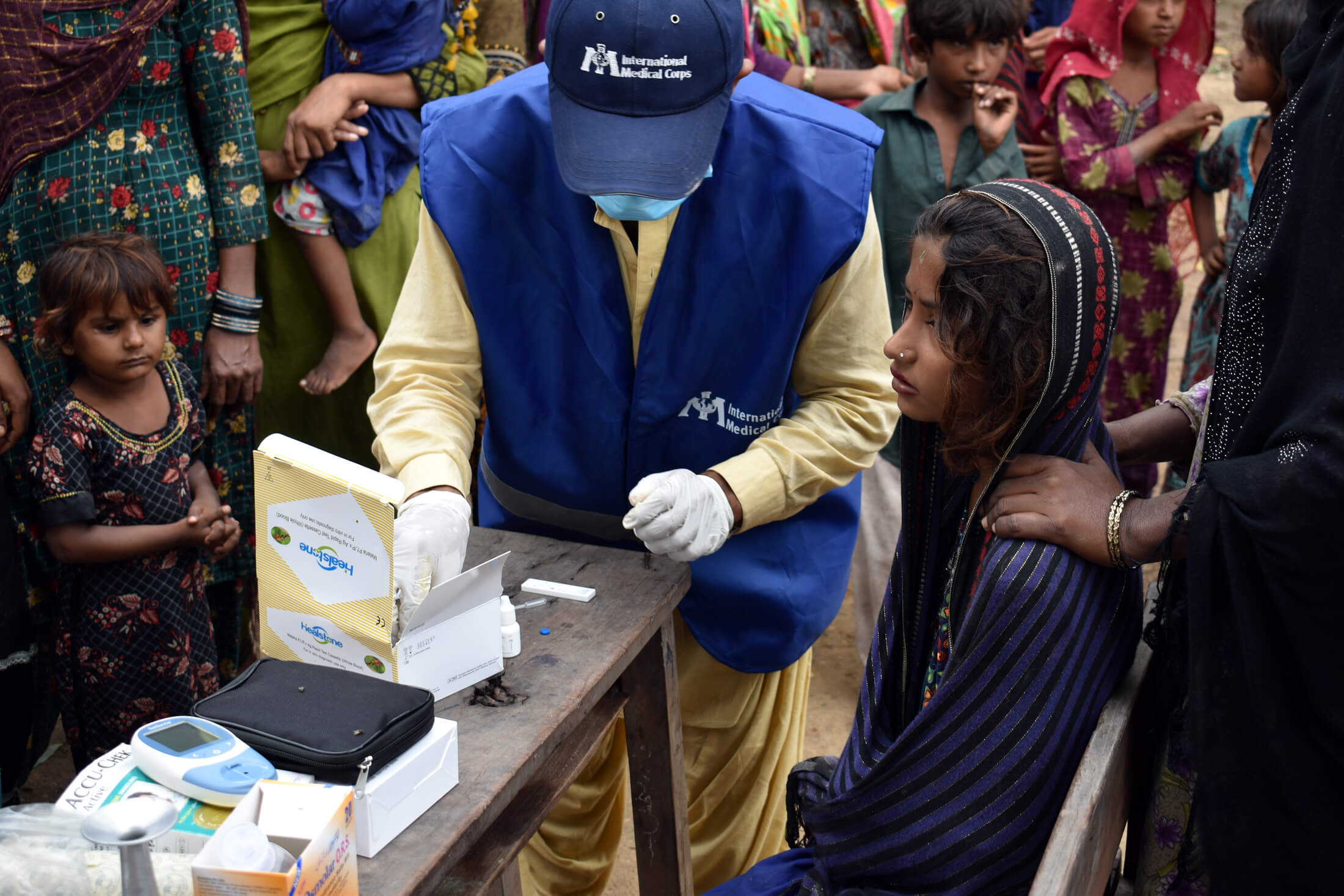
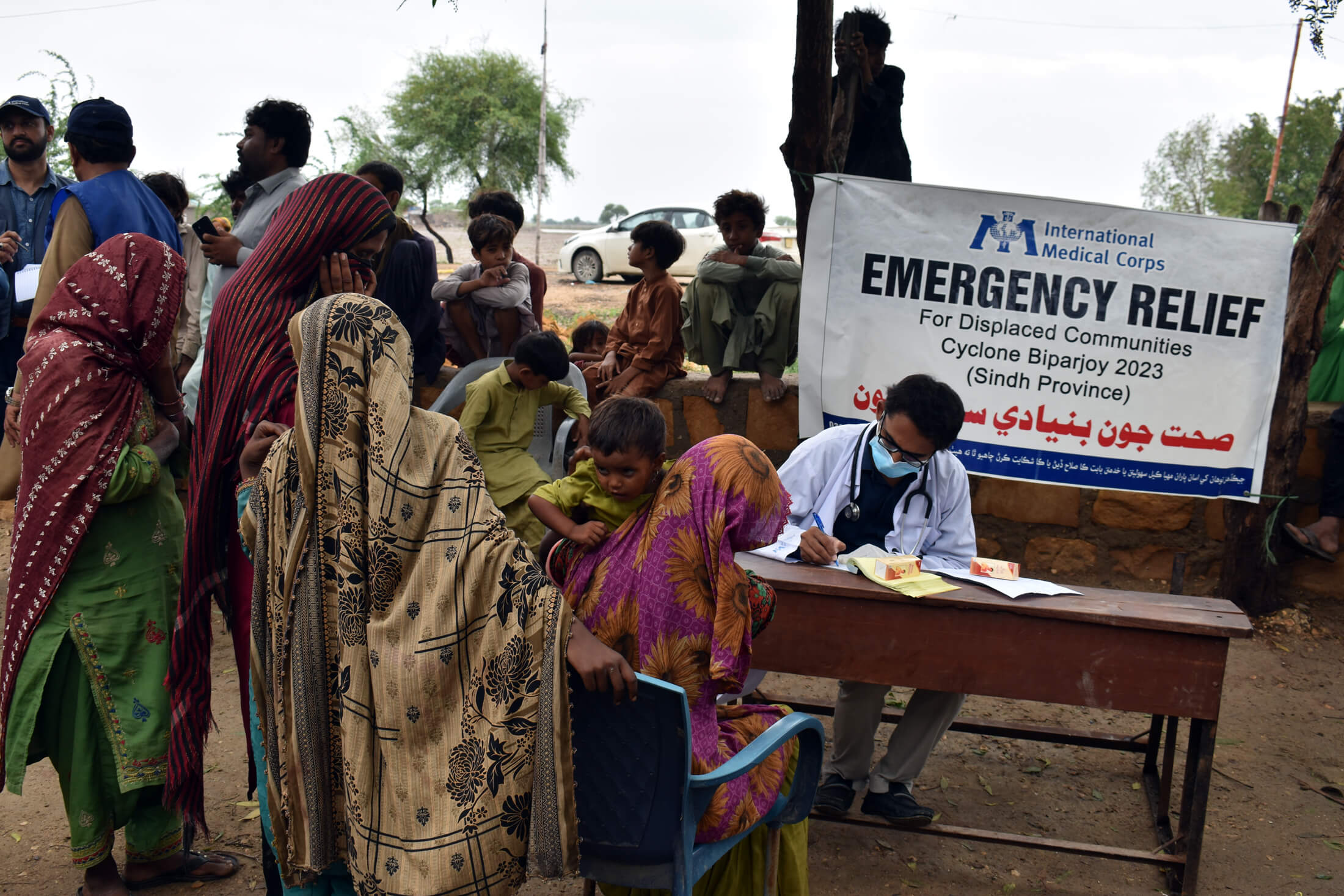
More than 65,000 men, women and children were evacuated from Sindh province following the cyclone. Our mobile medical teams are providing medicines, healthcare and other support to people in relief camps.
Supplying Essential Healthcare to Remote Ukrainian Villages
Since invading Ukraine in February 2022, Russian forces have attacked more than 1,000 healthcare facilities, according to the World Health Organization— the highest number recorded by the WHO in any conflict. These attacks have led to a decline in the availability and quality of healthcare in many areas across Ukraine.
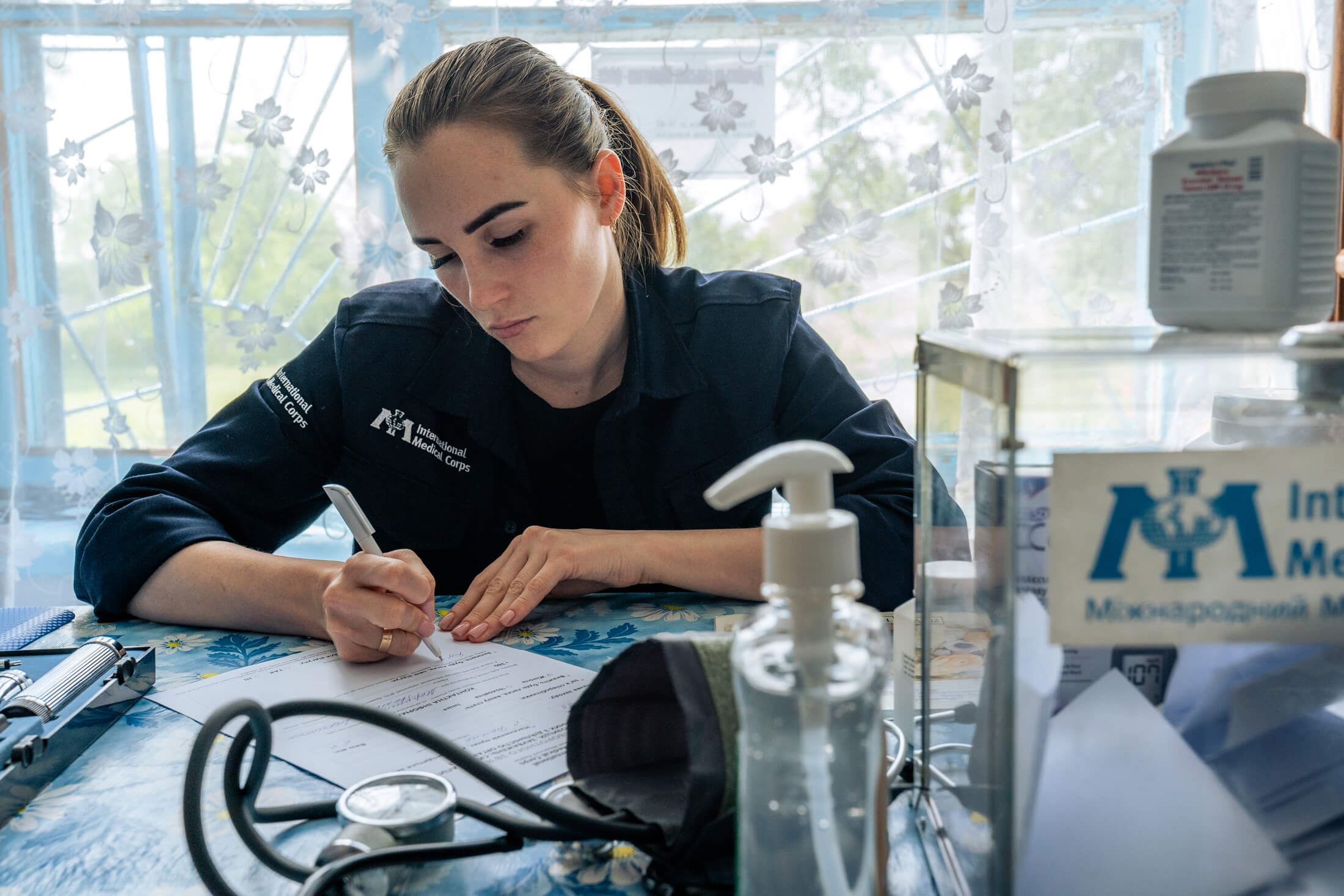
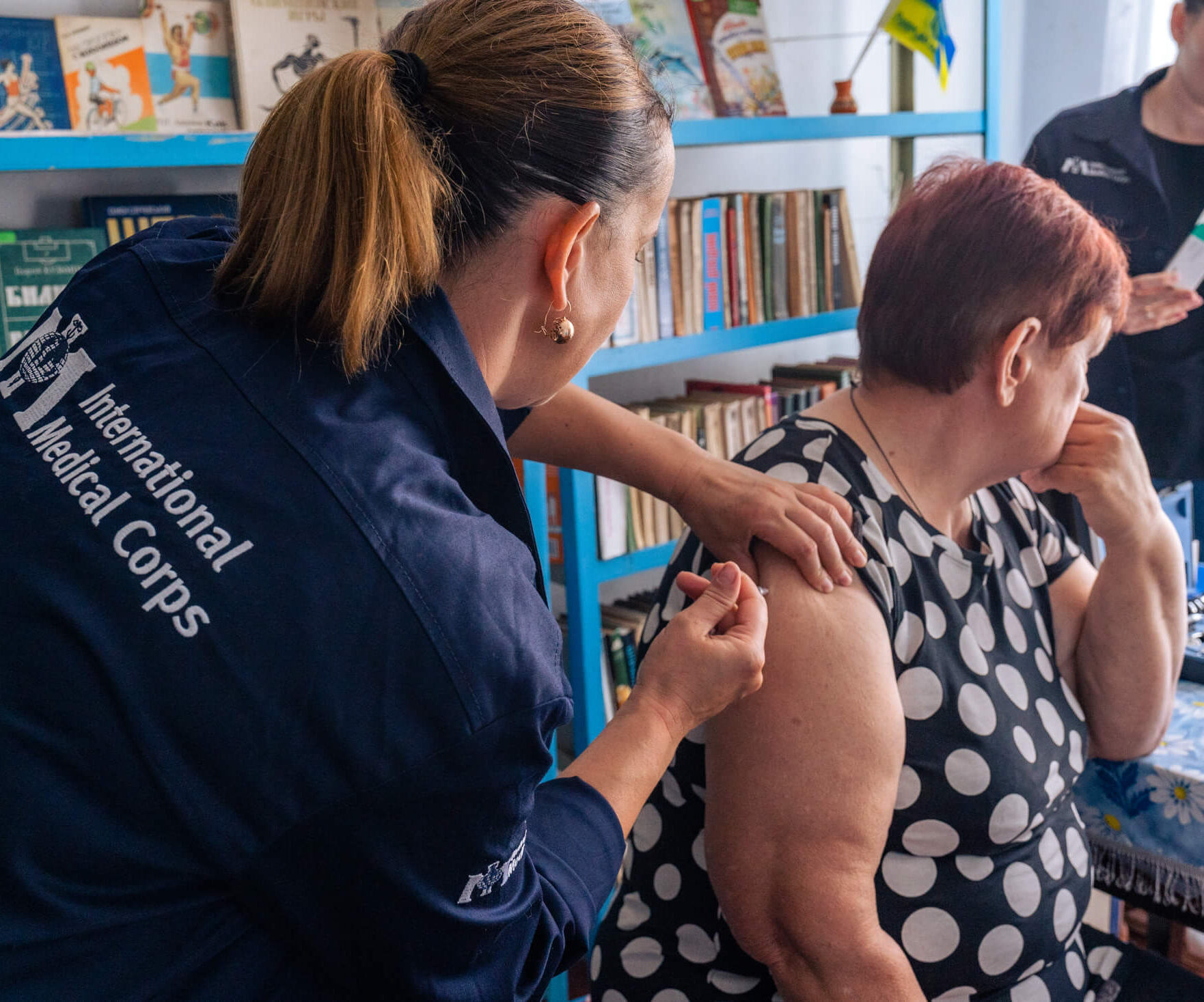
In addition to other services, we deploy mobile medical units to reach remote villages that do not have access to health services. One of our mobile medical teams recently visited Dachne, a small village near Odesa, where our staff provided health consultations and medicines to people who hadn’t had access to healthcare in months.
Remembering Refugees Worldwide
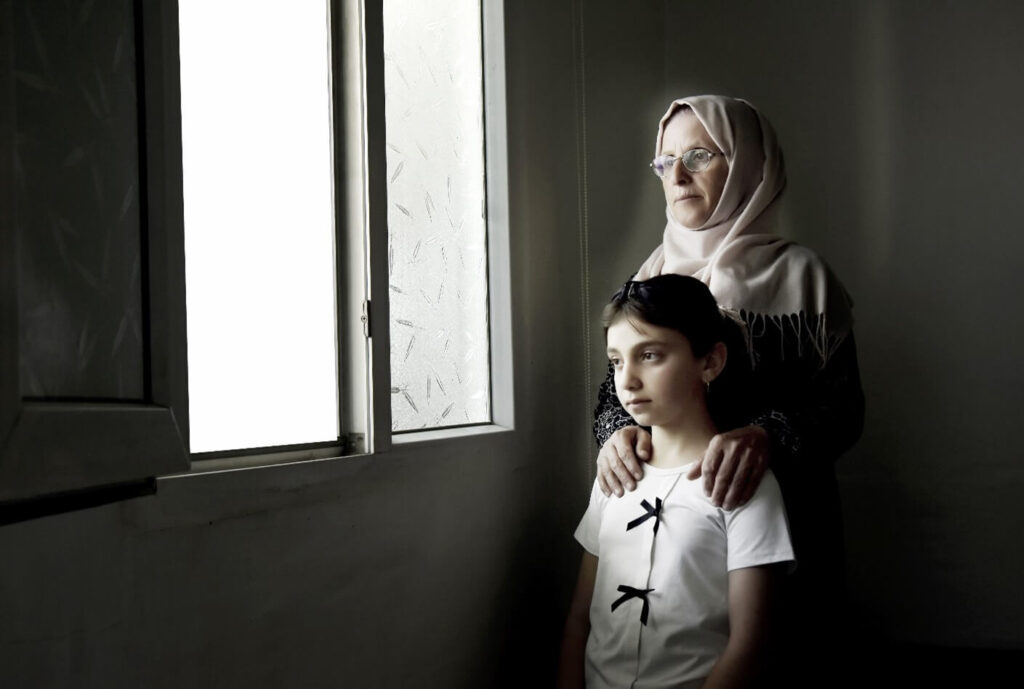
The number of displaced people worldwide has reached 103 million, an unprecedented number that is difficult to fathom. To understand, it helps to keep in mind that each refugee is an individual who has their own unique story of resilience and survival. On June 20, World Refugee Day, we remembered the millions of people forced to leave their homes.
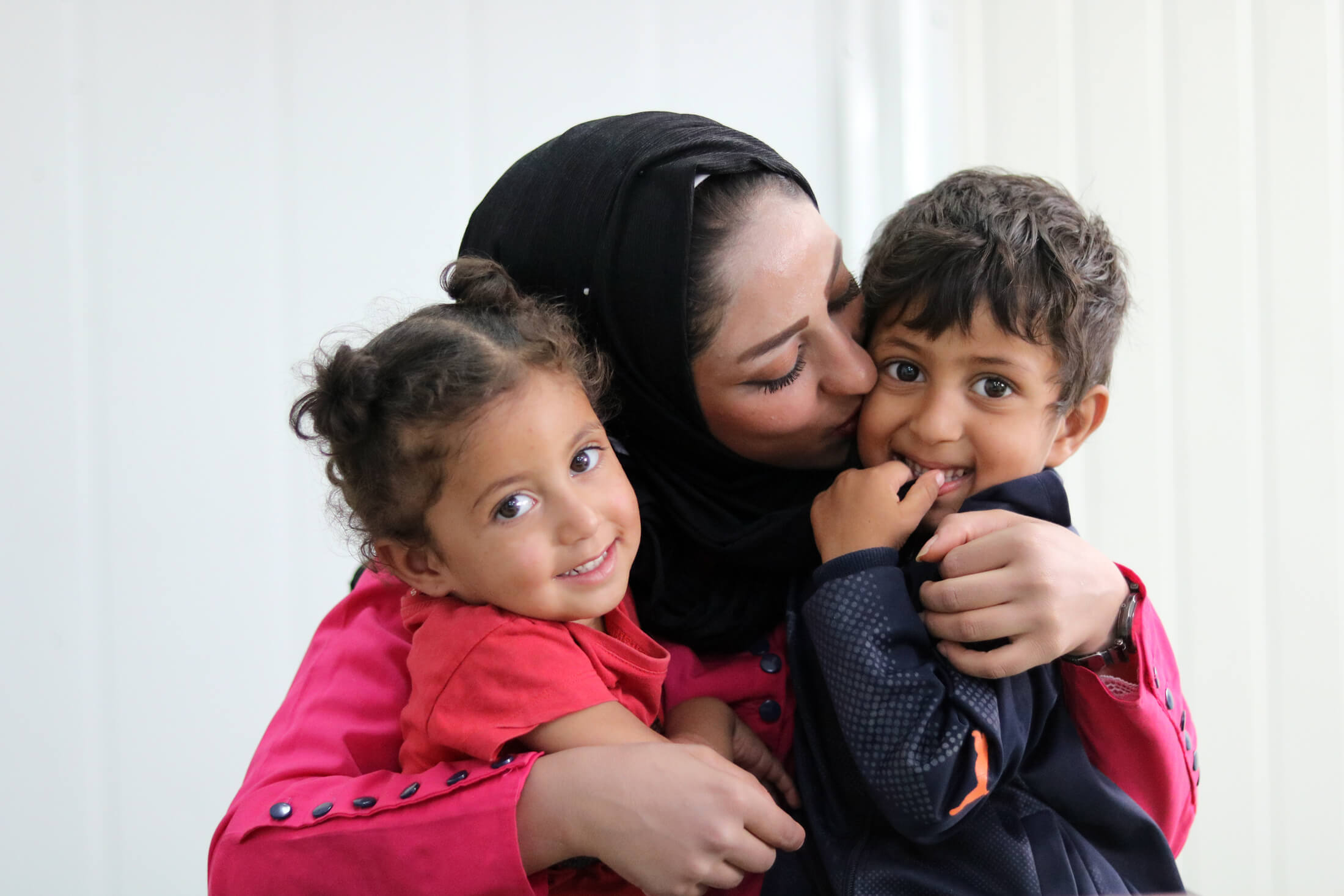
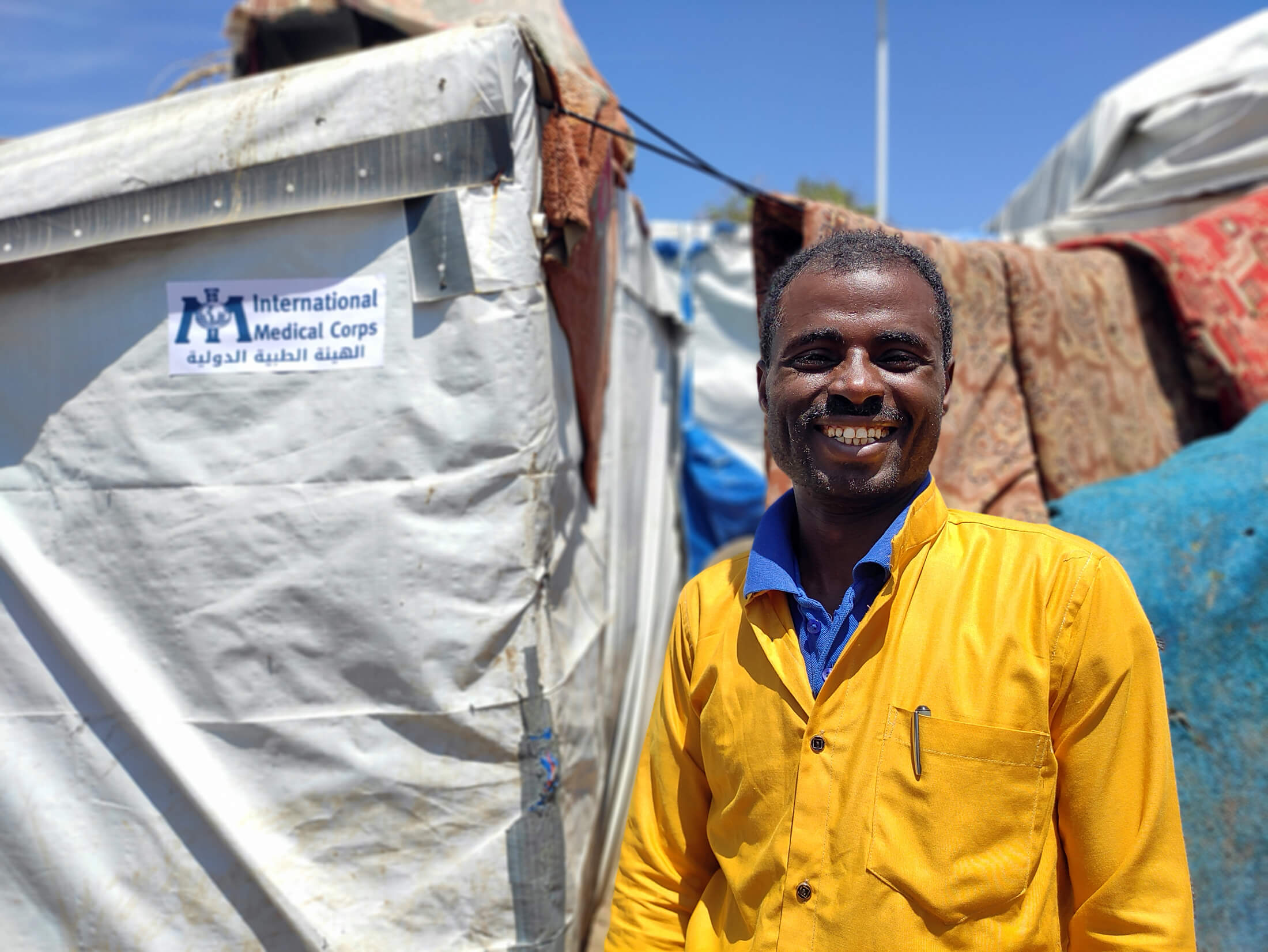
We remain committed to supporting refugees by providing emergency relief to people forced out of their homes by conflict, disaster and disease. Hear from refugees themselves by clicking the link.
Meeting Mental Health Needs in Afghanistan
Natural disasters, war and the COVID-19 pandemic have had major effects on the mental health of people in Afghanistan. Due to the limited availability of mental health services in the country, people can struggle with depression and anxiety for extended periods of time without any support.
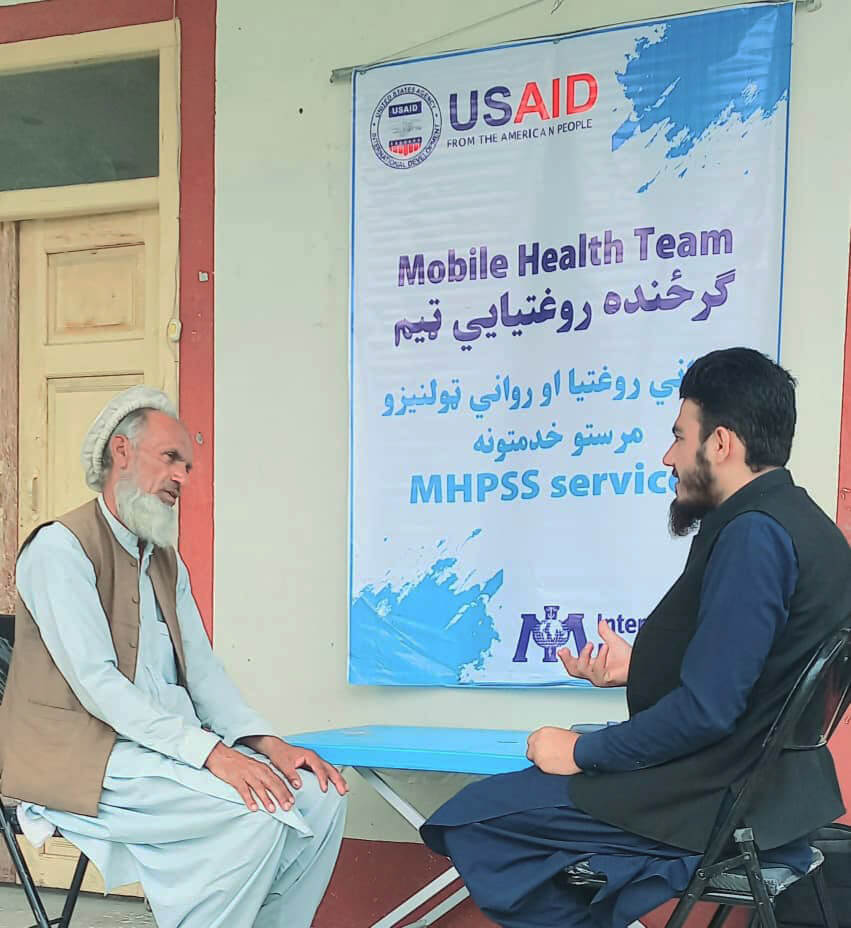
That’s why our mobile health team in Afghanistan provides group and individual counseling sessions, helping people to cope with the many challenges of living in a conflict-ridden country with limited job opportunities and few support resources.
Supporting Mothers in Ukraine
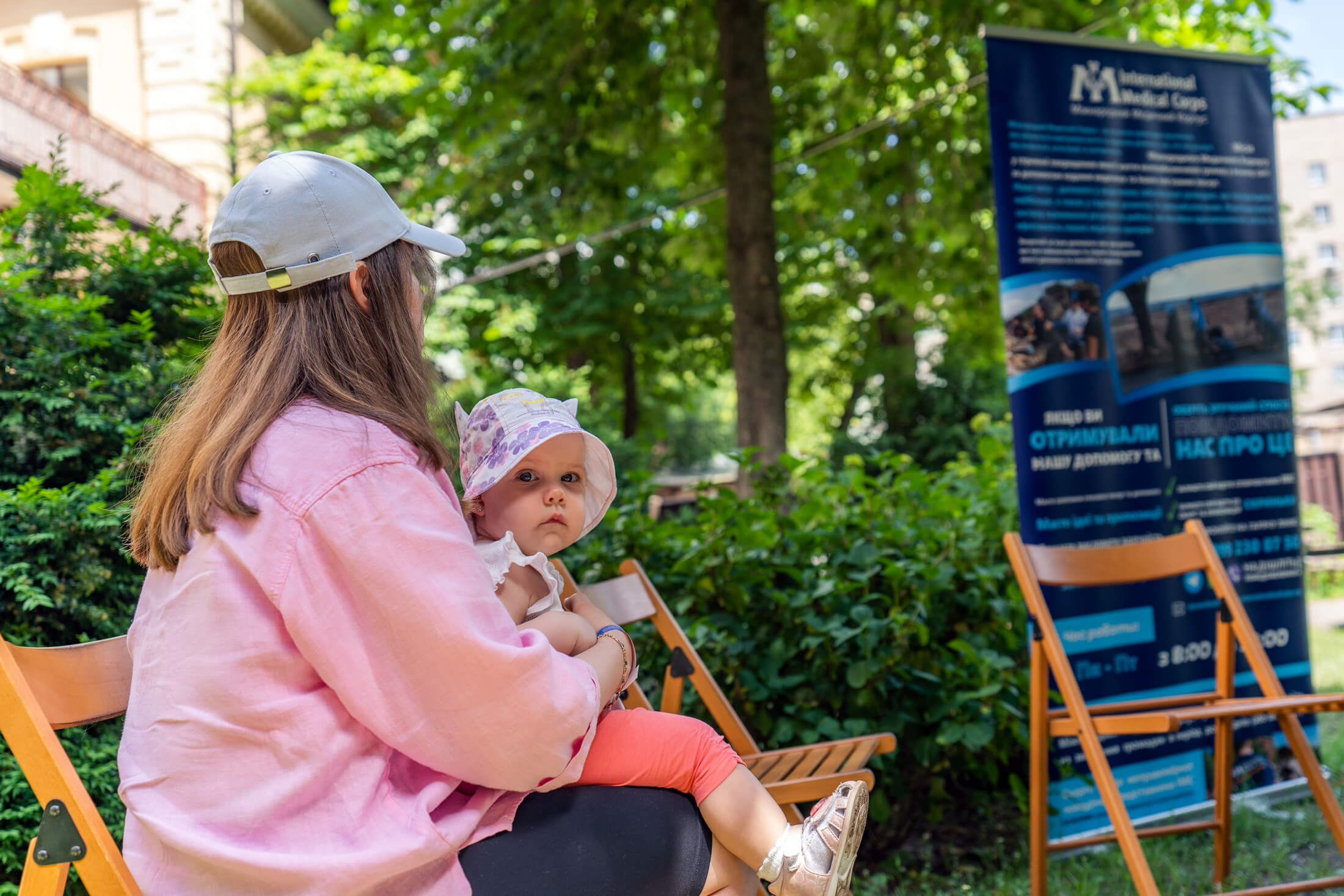
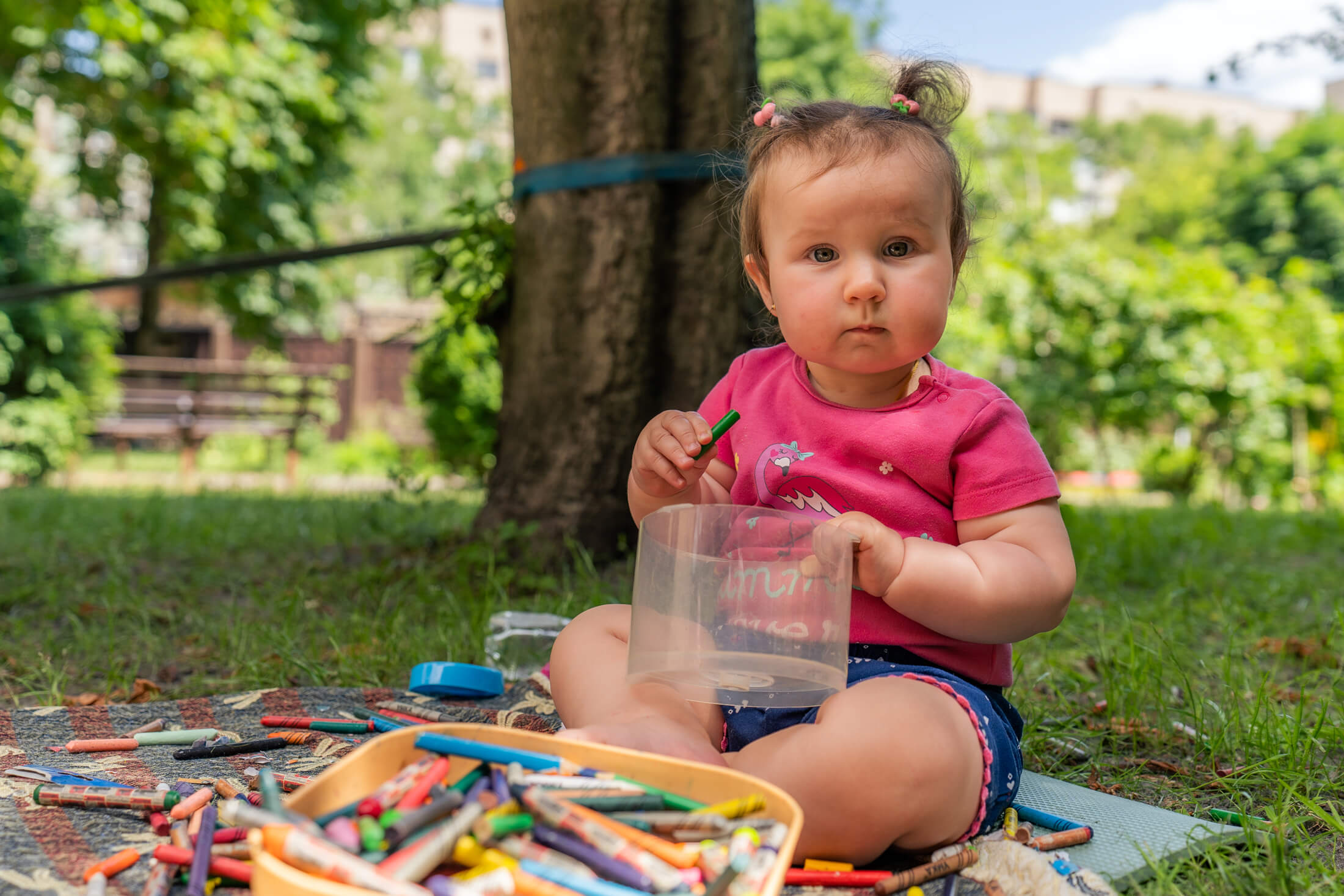
Our Ukraine team organized a day of informative lectures for pregnant women and mothers with children under 2, covering a variety of topics ranging from nutrition, to preparing for childbirth, to breastfeeding.
To make sure that families are aware of the different kinds of support available to them, the team also highlighted the full range of services International Medical Corps provides.
Learn more about International Medical Corps
Follow International Medical Corps on Facebook, Twitter, Instagram, LinkedIn, YouTube and TikTok
Are you a journalist looking for information?
International Medical Corps is a global first responder that delivers emergency medical and related services to those affected by conflict, disaster and disease, no matter where they are, no matter the conditions. We also train people in their communities, providing them with the skills they need to recover, chart their own path to self-reliance and become effective first responders themselves. Established in 1984 by volunteer doctors and nurses, we are a nonprofit with no religious or political affiliation, and now have more than 8,000 staff members around the world, 96% of whom are locally hired. Since our founding, we have operated in more than 80 countries, and have provided more than $4.2 billion in emergency relief and training to communities worldwide.
Our staff includes experts in emergency medicine, infectious disease, nutrition, mental health, maternal and infant health, gender-based violence prevention and treatment, training, and water, sanitation and hygiene, all within the humanitarian context.
To arrange an interview on or off the record, contact our Media Relations team at media@internationalmedicalcorps.org.
